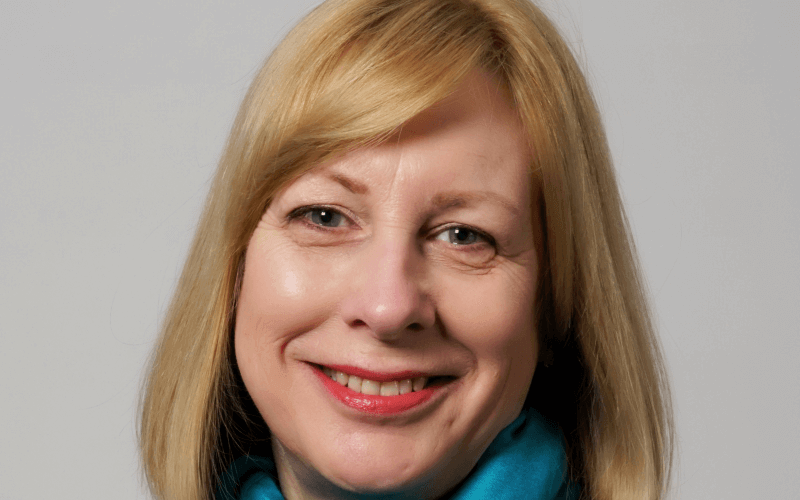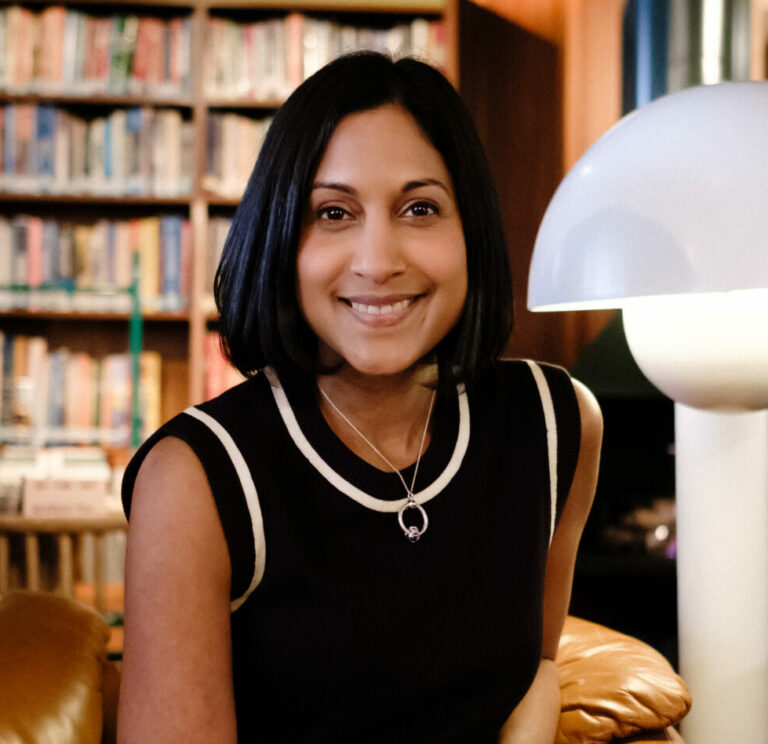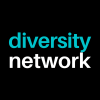
We spoke to Jane Hatton, who founded not-for-profit specialist job board Evenbreak, to find out how the organisation has evolved over the last decade, the challenges that still exist for people with disabilities to enter the workplace, and the support available for inclusive employers and candidates with disabilities.
Can you tell us a little about you and your own background?
Diversity and inclusion (D&I) have always played a large part in my working life. I started out as a young woman in civil engineering (very rare in the 1970s!) and then moved, rather more stereotypically, into social work with children and families. Here I saw first-hand how the life chances of groups of young people were impacted by their circumstances; children in care, Black, Asian or mixed-race children, disabled children, teenage single parents and so on. My interest in inclusion deepened, and after having my first child I moved into training social workers in D&I – it was still called ‘equal opportunities’ back then in the 80s/90s – and then across sectors as an independent inclusion consultant following the birth of my second child.
What were the reasons behind founding Evenbreak in 2011?
Whilst working with employers on inclusion, their responses regarding disability were usually either ‘why would I want to employ a disabled person’ (or words to that effect), or ‘we recognise this is a valuable pool of talent, but we don’t know how to attract disabled people and they never apply’. Disabled candidates said that they were unable to distinguish between these two types of employers because both say they are ‘equal opportunities employers’, whilst in reality, most are not.
In a twist of fate, in 2004 I became one of the 83% of disabled people who become disabled as adults, by acquiring a degenerative spinal condition. After a series of spinal surgeries, it became clear this was a permanent condition, and so I had acquired an additional protected characteristic. The issue of disability was now up close and personal.
I was now determined to find a solution to the problem of inclusive employers and disabled candidates not finding each other. A colleague came up with the idea of a job board just for disabled candidates, and those employers enlightened enough to want to employ them. I wanted this to be a social enterprise, and to be led by disabled people, and so Evenbreak was born in 2011.
I was determined to find a solution to the problem of inclusive employers and disabled candidates not finding each other. A colleague came up with the idea of a job board just for disabled candidates, and those employers enlightened enough to want to employ them.
Jane Hatton, Evenbreak
How has Evenbreak developed over the last decade?
The early years were very difficult. Even those employers who were beginning to do more on diversity usually did not see disability as part of the agenda, or if it was, it was very low down. This was a brand new service; companies hadn’t used anything like it before and most didn’t think they needed to. As we grew, from just me to a small team, we focused more on changing the narrative about disability – to one around talent rather than pity. I wrote a book about the business benefits of employing disabled people, and we spoke at HR and recruitment events, and held our own. By the beginning of 2020, disability was slowly beginning to move up the D&I agenda, but was still the poor relation or the afterthought in many ways.
Has the pandemic had an impact on your work?
The biggest shift has been during the pandemic. I’m not sure if it’s because businesses have all had to adopt new ways of working, whether so many more people working from home has changed the way people think about work, or that through Black Lives Matter there has been a greater understanding of inclusion issues. But there has certainly been evidence of more appetite from employers about employing disabled people and becoming more inclusive. My hope is that this new way of working will be a permanent fixture!
What does Evenbreak hope to prioritise in 2021?
We have grown significantly since we started, and added services supporting employers, including an online best practice portal and training and consultancy services. We had (wrongly, as it turns out) assumed there was enough support available for disabled people looking for work, but we were increasingly being asked by our candidates for appropriate support.
We were lucky enough to gain some grant funding from the Nesta Rapid Recovery Challenge Fund, which means we will be setting up a brand new service in 2021. A support service for disabled people looking for work, tailored to their individual needs and delivered by qualified careers coaches with lived experience of disabling barriers to work. There will also be an online resource hub, where candidates can find resources, be signposted to other relevant provision and book sessions with our careers coaches.
Do you feel positive about the future for candidates with disabilities?
At the time of writing (end of 2020) the future is very uncertain, and it looks like we could be heading for a recession due to the combination of Brexit and COVID-19, and the consequences of both. Typically, in a recession, there are fewer vacancies available, and more applicants applying for each one. This inevitably has an impact on all candidates, but significantly more so for disabled candidates.
Our new service will support many more disabled candidates, and hopefully employers will continue to actively seek a more diverse workforce, and new flexible ways of working might open up the jobs market for some disabled people, but I think we still have many challenges ahead.
Our new service will support many more disabled candidates, and hopefully employers will continue to actively seek a more diverse workforce, and new flexible ways of working might open up the jobs market for some disabled people, but I think we still have many challenges ahead.
Jane Hatton, Evenbreak
What support does Evenbreak provide to candidates and employers?
We support employers through advice, guidance, training, consultancy and an online best practice portal. We support disabled people looking for work through signposting, online resources, and personalised careers coaching. We help both groups find each other through an award-winning, accessible, specialist job board.
What advice would you give to an organisation looking to become more disability inclusive?
Recognise disabled people as a largely untapped valuable pool of talent, advertise all your vacancies on Evenbreak, and remove any barriers in your recruitment process!






